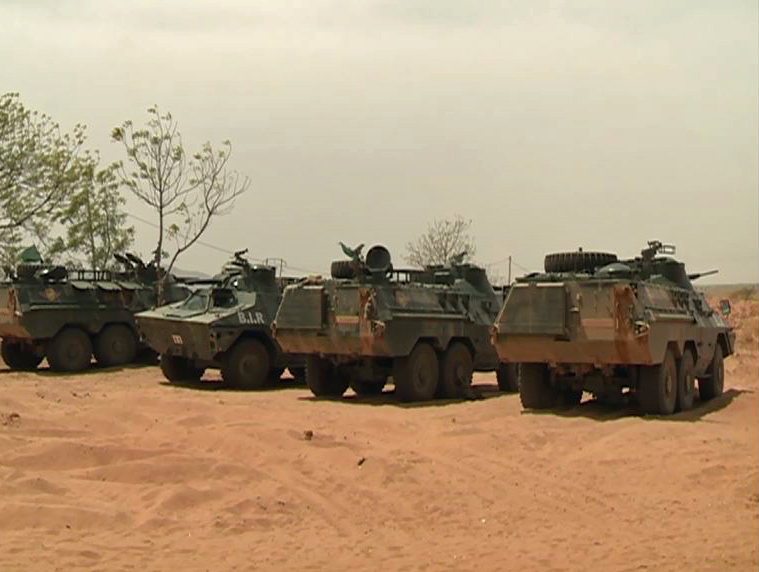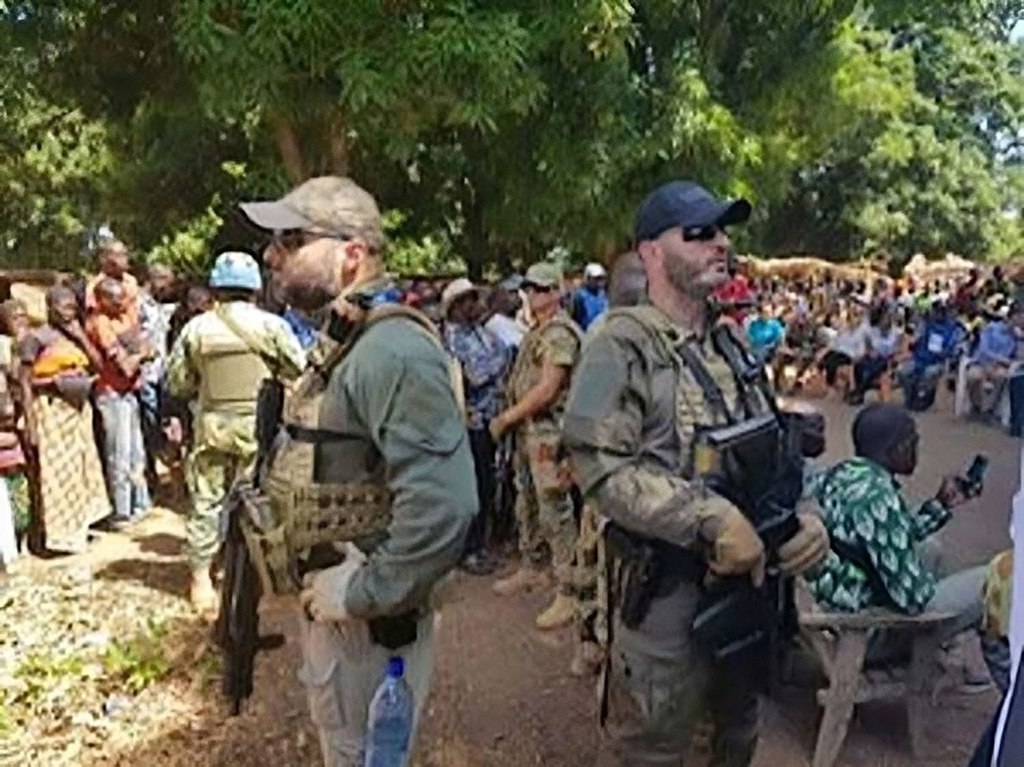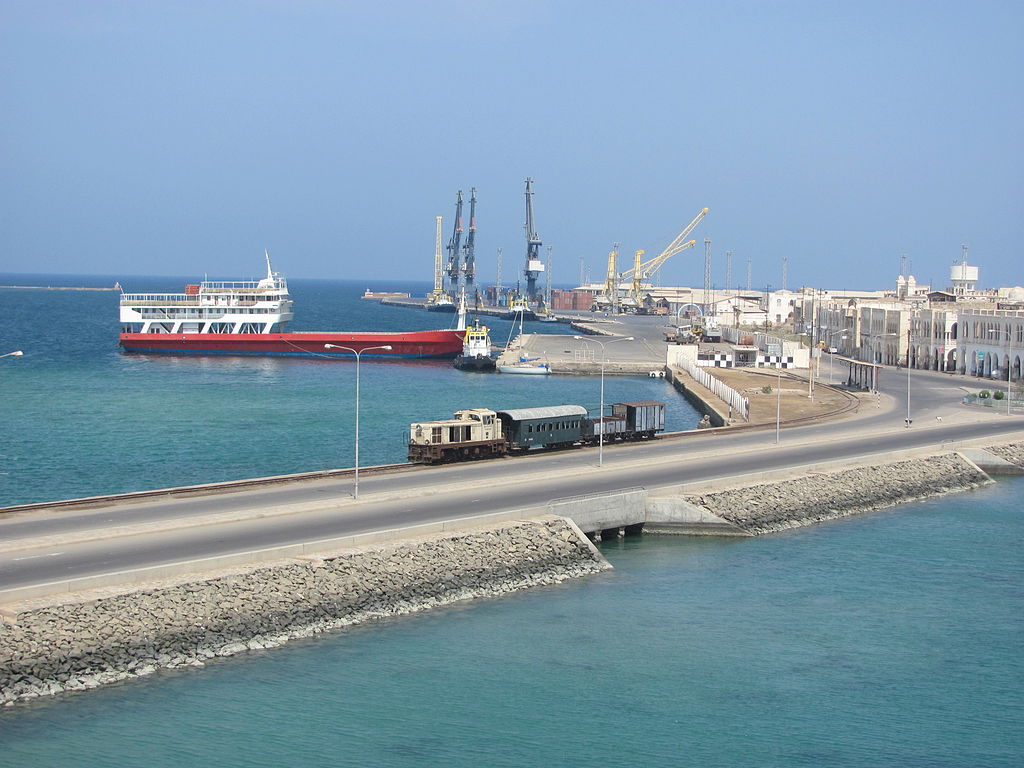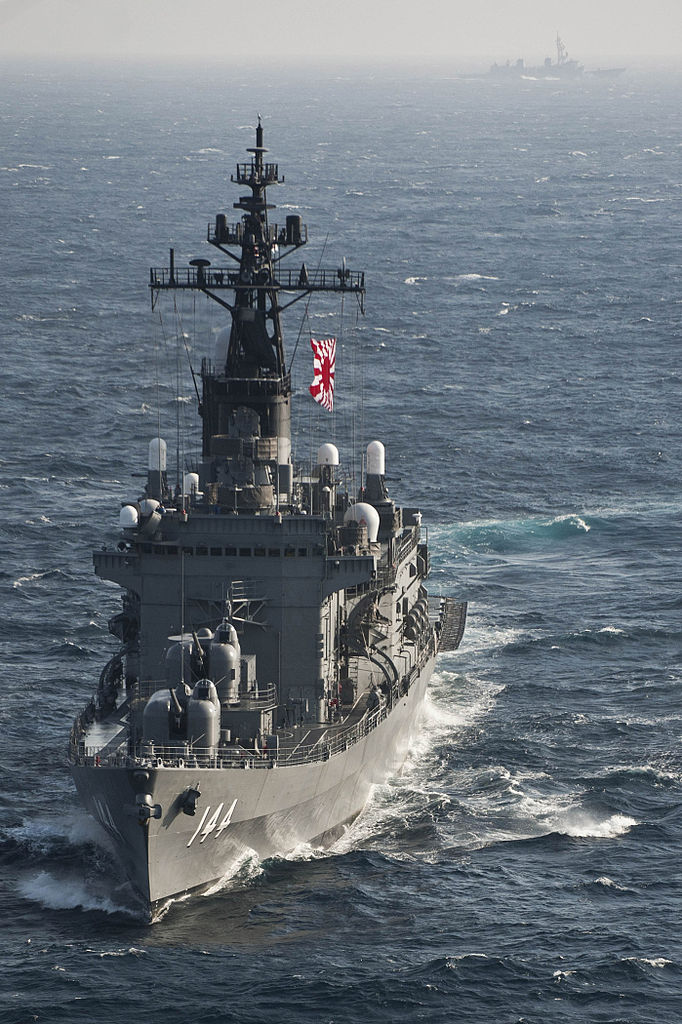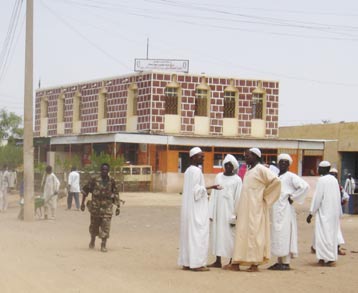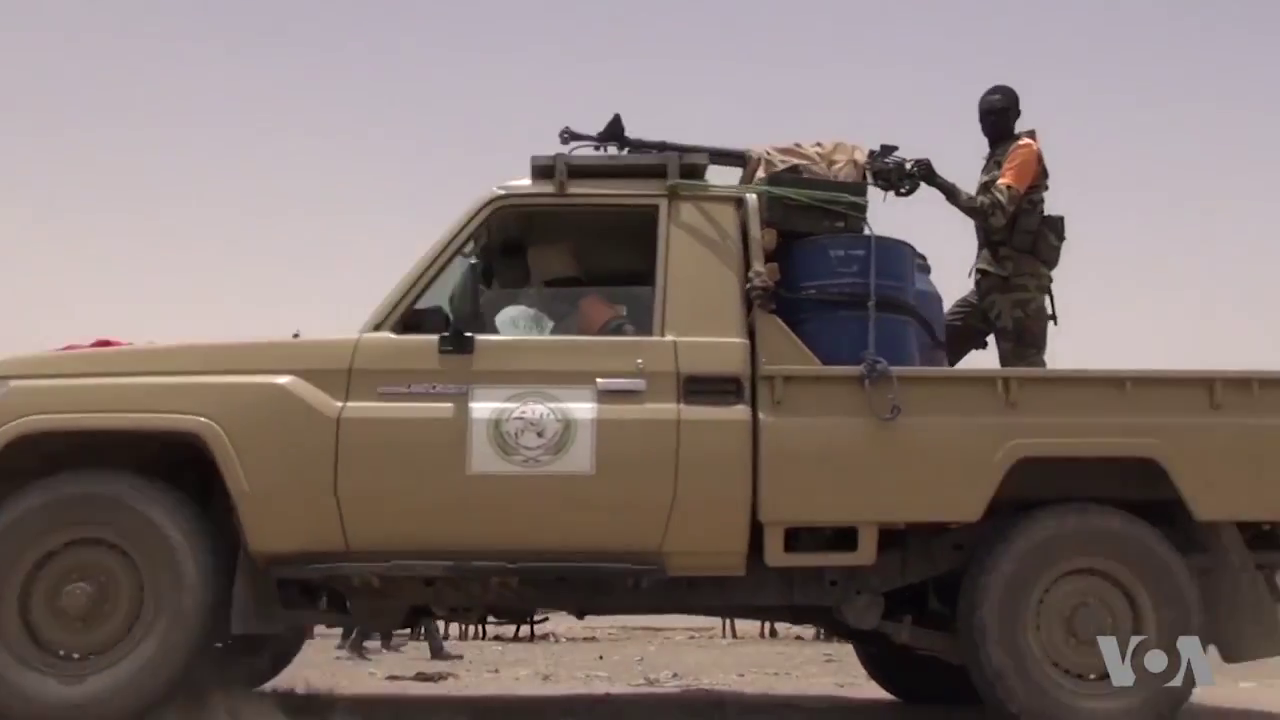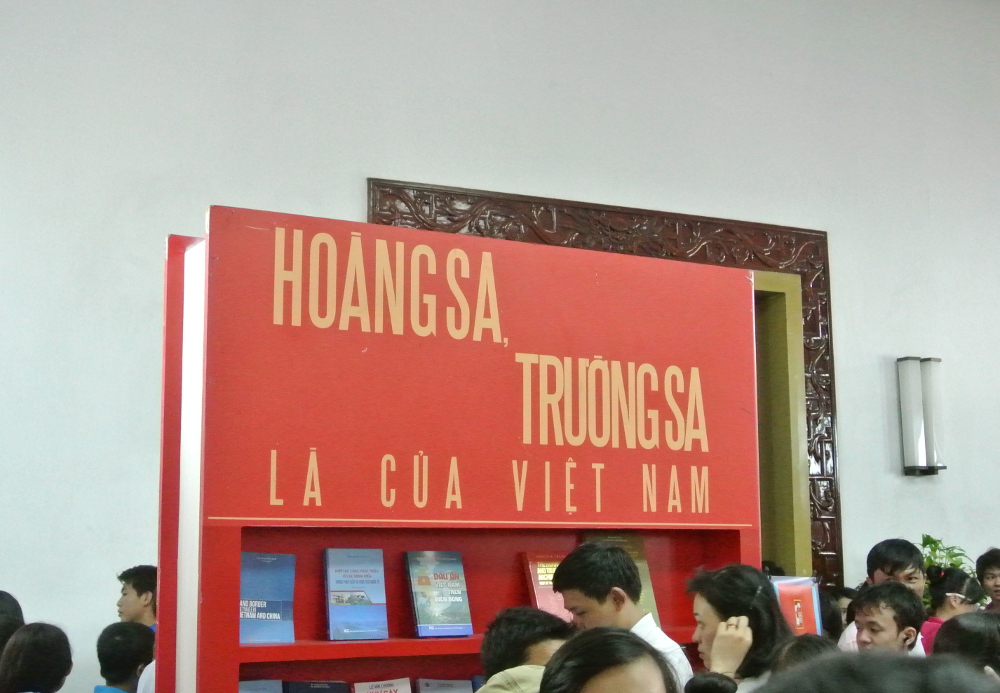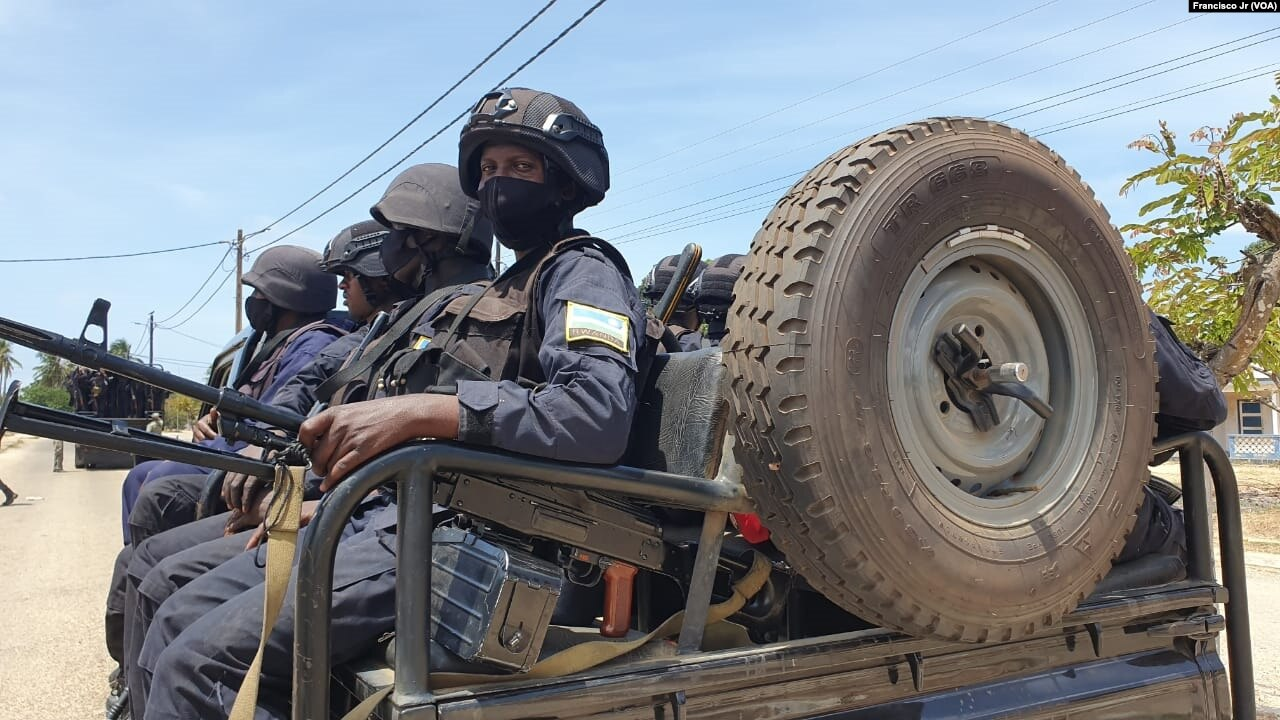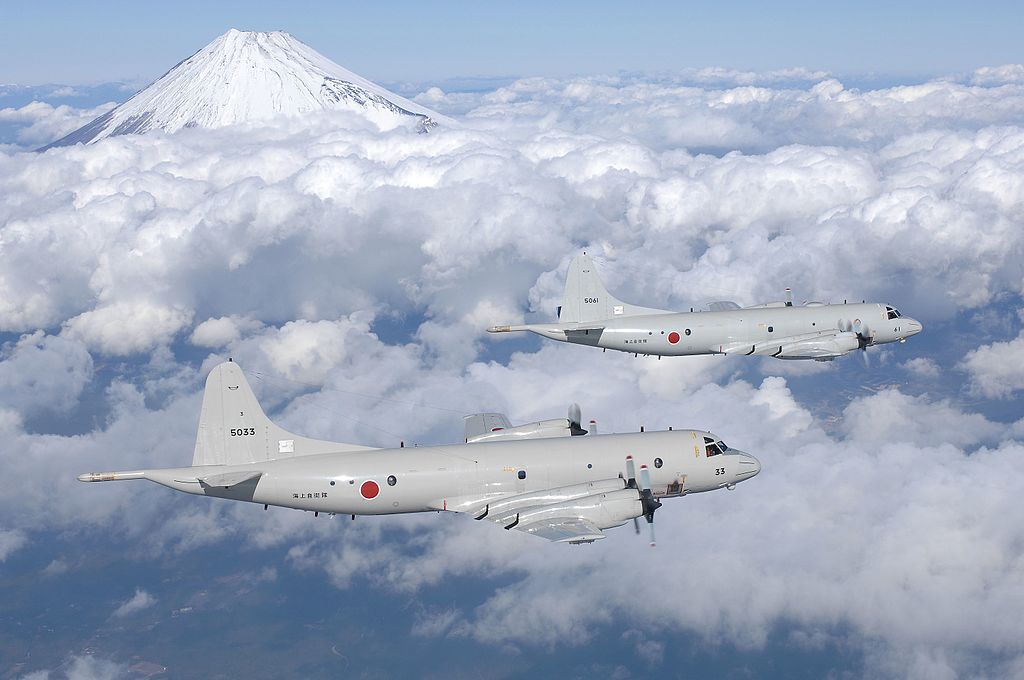
Vietnam People’s Navy honor guard at ASEAN defense ministers meeting in 2010.
“The presentations examined many aspects of the East Sea and the issue of Vietnam’s sovereignty over the sea and islands from historical, cultural, political, and legal perspectives.”
In June, the Vietnamese Embassy in France hosted a conference in Paris to reaffirm Vietnamese sovereignty of the disputed Spratly Islands in the South China Sea. As reported in the Vietnamese-language publication baotintuc.com, the conference was attended by the Vietnamese Ambassador to France, European scholars on Vietnam, and Vietnamese citizens in Europe who had previously visited the Spratly Islands.[i] Vietnam, China, Taiwan, the Philippines, Malaysia, and Brunei each lay claim to territory in the island chain.[ii] Conference attendees examined the historical, cultural, political, and legal perspectives on the Spratly Islands, and concluded with a consensus for Vietnam to avoid using force to regain sovereignty over the islands. The scholars stated that historical evidence showed Vietnam had occupied the islands since at least 300 years ago. They urged Vietnam to use diplomacy and negotiations as well as displays of solidarity with allied nations to push forward their territorial claims.[iii] The conference attendees further emphasized the need not just for older Vietnamese to support the Vietnamese Navy and to donate money to the cause, but also for Vietnamese youth and the international Vietnamese community to stand beside Vietnam. Consistent with this diplomatic approach to the Spratly Islands, Vietnam has also avoided direct naval confrontations in the South China Sea.[iv] For example, as the second excerpted Vietnamese-language article from tienphong.com notes, Taiwan conducted live-fire military training drills near the islands. Vietnam responded by announcing its opposition to the drills and demanded that they be canceled, stating that Taiwan was threatening peace in the South China Sea. Vietnam’s Foreign Ministry also asserted it had legal and historical justification to claim sovereignty over the Spratly Islands.[CR1]
Sources:
“Biển Đông và chủ quyền biển đảo Việt Nam dưới góc nhìn của các học giả châu Âu (East Sea and Vietnam’s sovereignty over the sea and islands from the perspective of European scholars)” baotintuc.vn (Vietnamese publication covering hot topics in domestic and international affairs concerning Vietnam), 11 June 2023. https://baotintuc.vn/thoi-su/bien-dong-va-chu-quyen-bien-dao-viet-nam-duoi-goc-nhin-cua-cac-hoc-gia-chau-au-20230611102242092.htm
On June 10, in Paris, France, a scientific conference with the theme “East Sea and Vietnam’s sovereignty issues” took place with the participation of a large number of Vietnamese scholars and admirers of the sea and islands. On this occasion, a meeting between overseas Vietnamese who had visited the Spratlys was held together with an exhibition of photos and artifacts about this archipelago. Speaking at the opening ceremony, Vietnamese Ambassador to France, Dinh Toan Thang, highly appreciated the efforts of individuals and associations contributing to organizing the workshop.
The situation in the East Sea, and solutions to handle disputes and options for marine economic development, were mentioned by the speakers. Mr. Patrice Jorland, professor of History and former president of the France-Vietnam Friendship Association, stated that, according to the law of the sea and international law, Vietnam has a large exclusive economic zone. Mr. Jorland claimed Vietnam has sovereignty in the East Sea. Regarding sovereignty over Truong Sa and Hoang Sa, he said that historical evidence shows that Vietnam has asserted sovereignty over these two archipelagoes, especially Hoang Sa, since the late 18th century, under the Nguyen Dynasty.
As for Ms. Malgorzata Pietrasiak, a professor at the University of Lodz in Poland, an expert on Vietnam, she highly respected Vietnam’s method of handling issues at sea, which she calls “hedging.” According to her, this is a wise, flexible, and peaceful strategy devoid of tension, but also is not giving in…. With 14 presentations, the workshop contributed to bringing to the public perspectives and initiatives for mutual building and developing on the basis of respecting each other’s sovereignty and territory.
“Việt Nam phản đối Đài Loan tập trận ở Trường Sa (Vietnam opposes Taiwanese drills in Truong Sa)” tienphong.vn(Government-owned Vietnamese daily newspaper), 8 June 2023. https://tienphong.vn/viet-nam-phan-doi-dai-loan-tap-tran-o-truong-sa-post1541256.tpoOn June 7, Taiwan conducted a live-fire drill in the waters around Ba Binh in the Spratly archipelago of Vietnam. Vietnam strongly opposes this and demands that Taiwan cancel illegal activities. On June 8, in response to a reporter’s question about Vietnam’s response to this activity, Foreign Ministry Spokesperson Pham Thu Hang stated “Vietnam has a full legal basis and historical evidence to assert its sovereignty over the Truong Sa archipelago…. Therefore, Taiwan holding a live-fire drill in the waters around Ba Binh in the Spratly archipelago of Vietnam is a serious violation of Vietnam’s sovereignty over this archipelago and threatens peace, stability, safety, and maritime security, while creating tensions and complicating the situation in the East Sea.”
Notes:
[i] Although the South China Sea is the name most associated with the body of water shared by Vietnam, China, Taiwan, the Philippines, Malaysia and Brunei, Vietnam refers to this body of water as the East Sea. A similar naming dispute occurs between South Korea, North Korea, and Japan. Japan refers to the body of water separating itself from the Korean Peninsula as the Sea of Japan, whereas North Korea refers to it as the Korea East Sea while South Korea refers to it simply as the East Sea. The naming of these bodies of water is entangled in the struggle for territory and sovereignty over the regions in question. Regarding Korea and Japan, U.S. officials have historically referred to the waterway as the Sea of Japan, at times raising the ire of South Korean leaders.
[ii] China, Taiwan, and Vietnam all claim sovereignty over the entirety of the Spratly Islands. The Philippines, in contrast, only claims sovereignty over several features in the Kalayaan Island Group, while Malaysia also claims only some features and Brunei claims one reef. In terms of control, Vietnam occupies 26 features in the Spratly Islands, while the Philippines occupies nine, China occupies seven, Malaysia occupies five, and Taiwan occupies one. The contesting parties have officially sought to settle the dispute through bilateral agreement under the United Nations Convention on the Law of the Sea (UNCLOS), but all efforts have ended without a permanent solution. See Hasan, Monjur and Jian, He, “Spratly Islands Dispute in the South China Sea: Potential Solutions,” Journal of East Asia and International Law, 2019, 12(1), pp. 145-168.
[iii] Vietnam claims its occupation of the Spratly Islands can be traced to the Nguyen lords, who from the 1600s annually sailed to the Bai Cat Vang island groups to retrieve shipwrecked goods and remained in the archipelago for up to six months. During the reign of the Nguyen emperors from the early 1800s, there is documentation that identified the Truong Sa archipelago from the Hoang Sa Islands in the Spratly Islands as Vietnamese possessions. It was not until the French protectorate was established over Vietnam in 1884 that sovereignty over the islands became contested. Kelly, Todd C., “Vietnamese Claims to the Truong Sa Archipelago,” Explorations in Southeast Asian Studies, Fall 1999, 3, pp. 1-21.
[iv] For a short video documentary on tensions in the South China Sea, see: South China Sea, Chinaboundaries.com. https://chinaboundaries.com/map/south-china-sea/; and Eric Hyer, Pragmatic Dragon: China’s Grand Strategy and Boundary Settlements, UBC Press (2015), Chapter 12 (pages 236-262).
Image Information:
Image: Vietnam People’s Navy honor guard at ASEAN defense ministers meeting in 2010.
Source: Master Sgt. Jerry Morrison, U.S. Air Forcehttps://commons.wikimedia.org/wiki/File:Vietnam_People%27s_Navy_honor_guard_at_ASEAN_defense_ministers_meeting_2010-10-12_1.jpg
Attribution: (CC x 2.0)

